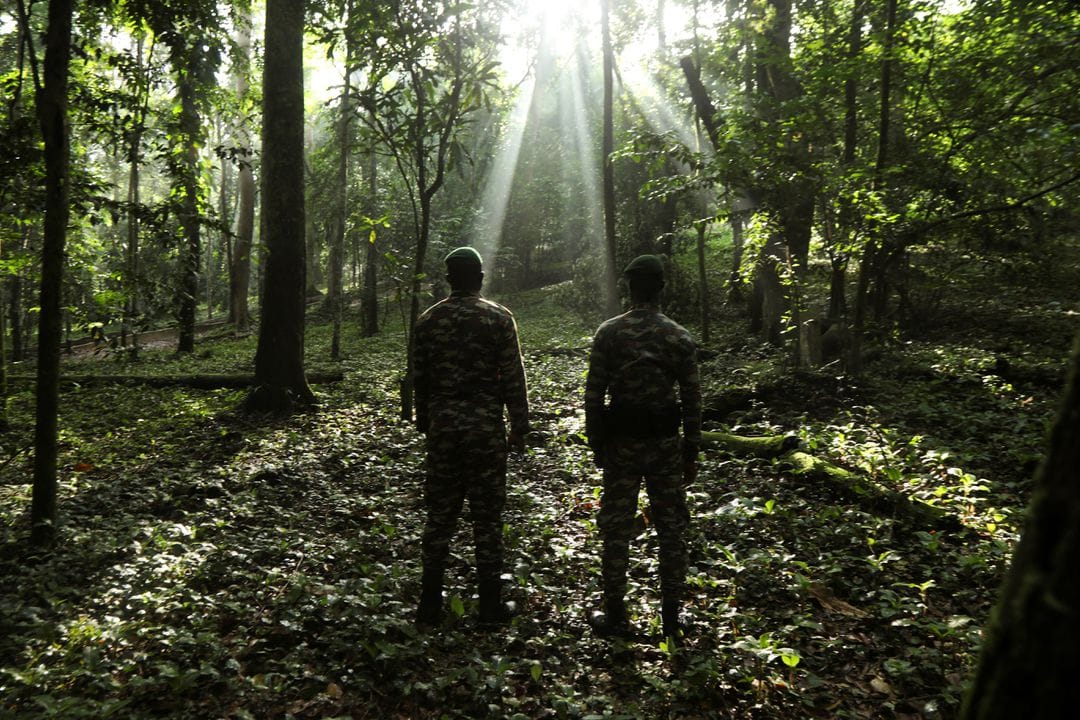
Concerned about illegal logging and pollution in Banco National Park in Abidjan, the commercial capital of Ivory Coast, authorities are erecting a concrete perimeter wall in the hope of preserving the park’s unique ecosystem.
Banco covers more than 34 square kilometres (13 square miles) of western Abidjan, making it the world’s second largest urban park, trailing only Rio de Janeiro’s Tijuca National Park.
Some of its wildlife, which includes monkeys, chimps, and 500-year-old trees, is considered sacred by locals, and its shady trails provide a respite from the city’s traffic-clogged streets.
However, Banco is under pressure from Abidjan’s rapid growth. According to officials, locals illegally cut down trees to build houses and dump their trash in the woods.
Officials from the parks hope to put an end to this. Hundreds of construction workers stacked concrete bricks two and a half metres high along a muddy patch of land between the highway and the park on a recent day.
‘In reality, it’s 12 kilometres of fencing for a 24-kilometer perimeter because a lot of the boundary has already been whittled away here and there to build urban lots,’ Adama Tondossama, director general of the Ivorian Office of Parks and Reserves, explained.

Post Your Comments